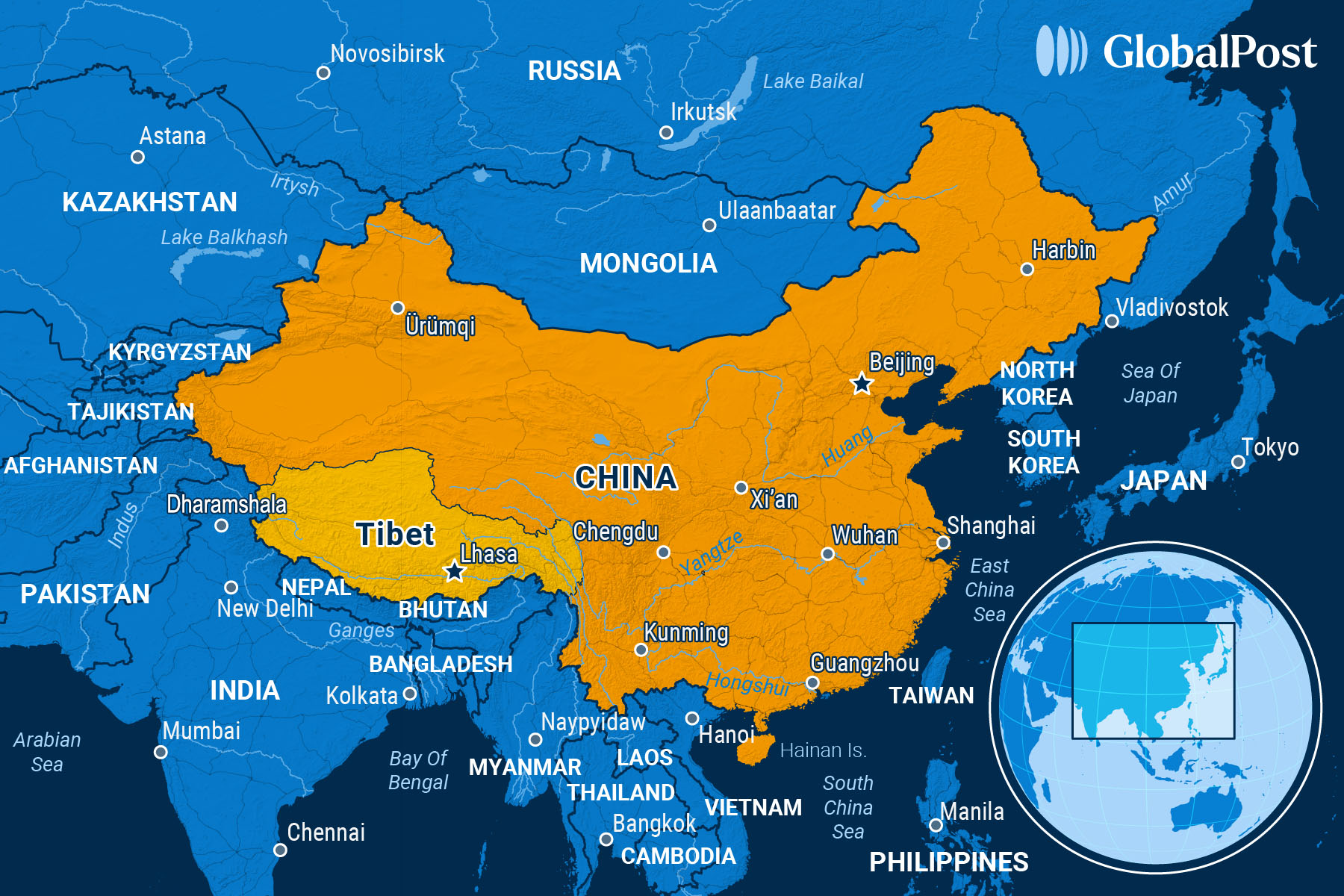A ‘Simple Buddhist Monk’ Defies China: The Dalai Lama Says His Successor Will Be Born in a ‘Free Country’

On July 6, the Dalai Lama turned 90. The spiritual leader, who is regarded as one of the world’s most influential figures, told his followers gathered at his home in exile, Dharamshala, India, to celebrate that he hoped to be around for another 40 years.
“I am just a simple Buddhist monk, I don’t normally engage in birthday celebrations,” said Tenzin Gyatso, the 14th Dalai Lama. “As for myself, I will continue to focus on my commitments of promoting human values, religious harmony… and Tibetan culture and heritage, which has so much potential to contribute to the world through its emphasis on peace of mind and compassion.”
Just a few days earlier, however, the 14th Dalai Lama had a less peaceful message to deliver: He told the world in a message really intended for China that the institution would go on after his death, ending speculation that he would be the last Tibetan spiritual leader.
He also said his office, the Gaden Phodrang Trust, would pick his successor. The “new Dalai Lama will be born in the free world,” outside of Tibet and China, he added, defying China – which claims control over the succession – and setting up a tussle for the future of Tibet, its identity, and its leadership, analysts say.
“China exercises absolute control over Tibet itself, yet one force remains beyond Beijing’s grasp: the current Dalai Lama…He lives freely in exile but still commands global reverence,” wrote Kelsang Aukatsang of the Atlantic Council, a former Dalai Lama representative and a presidential candidate in the 2021 Tibetan election, in Foreign Policy. “How the Dalai Lama and his office manage this transition will be pivotal in determining whether this ancient lineage retains its spiritual legitimacy amid growing political interference – or risks fracturing under external pressure.”
There has been a Dalai Lama in some form since the late 14th century, with succession, or his reincarnation, usually determined by ancient rituals. Under the Mongols and later the Chinese dynasties, the figure retained absolute religious authority, even as Chinese rulers had long attempted to control the spiritual leader and the succession process. In the 20th century, however, things became more difficult for the Dalai Lama: The current one was forced into exile in northern India after a failed uprising against China in 1959, nine years after China occupied Tibet.
As a result, the Dalai Lama, a Nobel Peace Prize winner, is, in addition to being a spiritual leader, also a symbol of a free Tibet and its fight for self-determination. China accuses him of fanning the separatist movement and forbids the displaying of his image or open devotion to him.
China wants to control the Dalai Lama to bring legitimacy to its conquest of Tibet, analysts say. It also believes it is the only entity to have the authority to determine how the next Tibetan spiritual leader is chosen, and says it must approve the choice, explaining it is its legacy from imperial China.
“Xizang affairs are purely China’s internal affairs, which brook no external interference,” Chinese Foreign Ministry spokeswoman Mao Ning said last week, using the Chinese name for Tibet. “As is widely known, the 14th Dalai Lama is not a pure religious figure but a political exile engaged in anti-China separatist activities under the cloak of religion. He and the so-called ‘Tibetan government in exile’ are in no position at all to represent the people in Xizang, still less decide the future of Xizang.”
Now, analysts believe Beijing will appoint its own candidate as the 15th Dalai Lama and exert pressure on Tibet, as well as India and other countries to accept its choice in a “One Dalai Lama” type of policy, similar to how it has pressured countries around the world to disavow Taiwan under the “One China” policy.
That could bring it in direct conflict with India, say analysts, which has hosted the Dalai Lama, the Tibetan government-in-exile, as well as almost 100,000 Tibetan refugees for decades. It could also cause problems with the United States: The Trump administration, in 2020, signed legislation officially supporting Tibet and authorizing sanctions against Chinese officials who interfere in the succession of the Dalai Lama.
Secretary of State Marco Rubio already drew China’s ire this month when he congratulated the Dalai Lama on his birthday, Newsweek reported.
Tibetans say that regardless of what will happen in the future, they are pleased the spiritual leader clarified that there will be a 15th Dalai Lama and how he would be chosen.
“China is trying to grab this institution… for its political purpose,” Dolma Tsering Teykhang, the deputy speaker of the Tibetan parliament-in-exile in Dharamshala, told Channel News Asia. “We want the incarnation of the Dalai Lama to be born not only for the survival of Tibet as a distinct culture, religion, and nation, but also for the well-being of the whole of humanity.”

Subscribe today and GlobalPost will be in your inbox the next weekday morning
Join us today and pay only $46 for an annual subscription, or less than $4 a month for our unique insights into crucial developments on the world stage. It’s by far the best investment you can make to expand your knowledge of the world.
And you get a free two-week trial with no obligation to continue.
